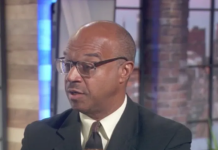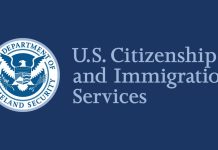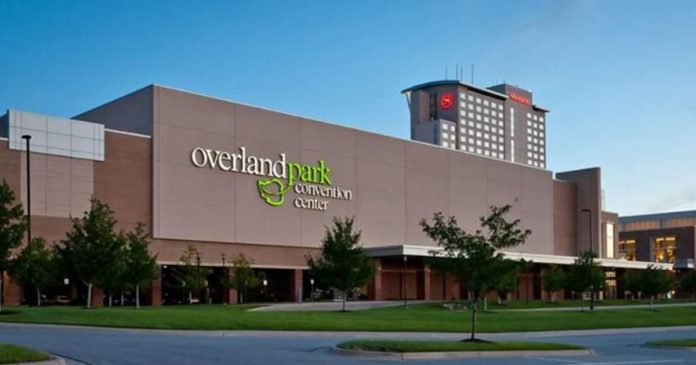Kansas tourism will need years before it fully recovers from a devastating blow caused by the economic fallout of the COVID-19 pandemic.
While there are signs that travel and sightseeing are starting to rebound, the state’s top tourism official projected an incremental recovery for the state’s $7 billion industry.
“It’s going to be slow,” Tourism Director Bridgette Jobe warned lawmakers this week.
“After 9/11, it took a year and a half to two years for the travel industry to recover,” Jobe told a panel of lawmakers studying the economic recovery from the pandemic.
“Most people are saying now that it’s at least a three-year recovery after a vaccine becomes widely available,” she said.
Tourism in Kansas generates more than a $1 billion in taxes and is credited with supporting about 100,000 jobs.
The state’s hotel industry has taken a hit during the pandemic, signaled by plummeting room rates and hotel bed taxes.
Hotel occupancy rates across Kansas are at about 40% so far this year compared to about 57% last year.
The average rate for a hotel room is at about $78 a night so far this year, compared to about $89 a night last year.
And the average revenue per available room – a key metric for measuring a hotel’s financial performance – is at $31.02 a night. Last year, it was $50.56 a night.
Local hotel bed taxes are down almost 40%, falling to about $19.5 million this year from about $31 million last year.
“I can honestly say this is the hardest year we’ve ever had to deal with,” Jobe said.
“There is nothing in our history that we have to compare this to,” she said.
The impact of the pandemic is being felt in tourism across the state:
- The Eisenhower Presidential Library and Museum in Abilene is still closed. There were 147,256 visitors to the attraction in 2019. Since March, there have been none.
- Overland Park has lost about $44 million in economic benefits because of canceled events at its convention center, soccer complex and other city venues.
- Garden City has seen 30 events canceled, costing the city millions in lost tourism dollars.
- Olathe has seen three hotels close. The Garmin Marathon, which produced a $2.5 million impact for the city, was canceled. The Olathe Conference Center has canceled or rebooked 95% of the business scheduled from April through December of 2020.
“It’s pretty dire,” said Kelly Peetoom, president of the Travel Industry Association of Kansas. “Travel and tourism is in a depression.”
Jobe said the tourism industry – airlines, bars, restaurants and hotels – was one of the first industries affected by the pandemic and will likely be the last to recover.
She emphasized that other elements of the tourism industry such as museums, water parks, stadiums, concert halls and convention centers are closed or have laid off workers during the pandemic.
With an increased risk of contracting COVID-19 at large gatherings, Jobe said the convention and meeting business will likely suffer longer.
“Meeting in large groups is going to be a challenge for some time,” she said. “I think it’s going to be a while before we see concerts.”
Jobe said new health protocols will change the tourism industry, whether it’s new cleaning standards for hotels and restaurants to how people travel.
“The real key here is traveler confidence,” Jobe said.
“Studies show that when a traveler feels confident in the safety standards, they are more likely to visit and they are more likely to come back for a second time,” she said.
“Travelers are looking for very obvious places that have very obvious and clear safety and cleaning protocols,” she said.
She said some communities in Kansas have adopted pledges for businesses to post showing they follow federal health cleaning guidelines.
“These type of programs are so important to instill that traveler confidence.”
Jobe said the state is now focusing its marketing efforts on in-state travel.
“There is not a lot of confidence yet in airline travel, and that’s going to take a while to come back,” she said. “So, you’re going to see people hitting the road in their cars.”
She said state parks, for example, are in a good position to take advantage of changes in travel patterns.
“We are promoting in-state travel to Kansans more than we ever have done before,” she said. “We want to encourage people to experience their own state.”
Jobe made a case for putting more money into tourism so Kansas can better compete with other states.
“Kansas tourism is already at a big disadvantage having the very small tourism budget that we do,” she said.
“Our competition, our competing states can and they will outspend us,” she said.
“We have a great opportunity here and it is going to take dollars to take advantage of this opportunity as we come out of the pandemic,” she said.













